For runners, good nutrition not only helps the body recover quickly but also protects muscles, tendons, bones and connective tissue from damage. A diet with enough essential nutrients will help runners maintain endurance, reduce inflammation and prevent chronic injuries, according to the health information site Everyday Health (USA).
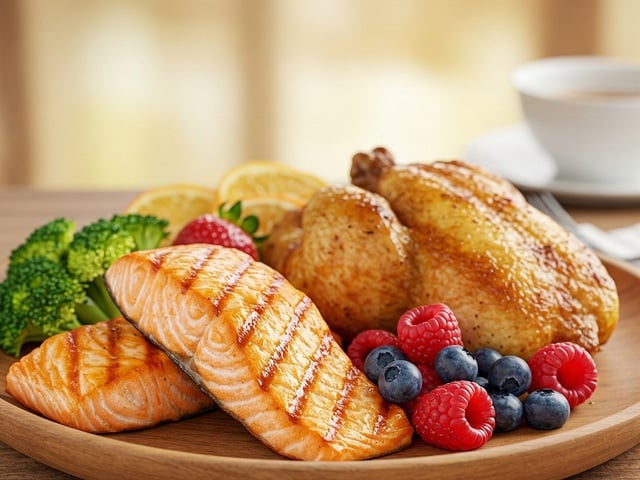
Getting enough protein, omega-3 fatty acids, and antioxidants can help reduce your risk of running injuries.
PHOTO: AI
Diet directly affects the structure and function of muscles, bones, tendons and connective tissues. These are all parts that are vulnerable to injury while running.
When the body is deficient in micronutrients such as vitamin D, calcium, magnesium, or protein, the recovery process after each run will be slowed, leading to the risk of inflammation, muscle tears, or osteoporosis.
Runners should have a nutritious diet.
According to a study in the Journal of the International Society of Sports Nutrition , low energy is a major factor in increasing the risk of injury during exercise, including running. Many people lose weight by combining dieting and running. Dieting is necessary, but it is important to avoid cutting too many calories, which can put the body in a state of prolonged fatigue.
When a person runs a lot without consuming enough calories and nutrients, the body will start to mobilize nutrients stored in the bones and muscles to maintain life activities. The result is a weakened body structure.
To effectively prevent injuries, runners should have a nutrient-rich diet, focusing on groups of substances such as protein, calcium, vitamin D, omega-3 fatty acids and antioxidants.
Protein helps repair muscles, tendons, and connective tissue. Runners should consume about 1.2–2 grams of protein per kilogram of body weight per day, depending on their level of activity. Additionally, calcium is an essential mineral for bones, while vitamin D helps absorb calcium more effectively. Vitamin D deficiency is a factor associated with the risk of fractures due to high exercise stress.
Omega-3 fatty acids, especially EPA and DHA, are found in salmon, sardines, chia seeds, and flaxseeds. These fatty acids have powerful anti-inflammatory effects, helping to reduce muscle pain and limit soft tissue damage. Finally, antioxidants like vitamins C, E, and polyphenols help speed up tissue healing, according to Everyday Health .
Source: https://thanhnien.vn/can-an-gi-de-giam-nguy-co-chan-thuong-khi-tap-chay-bo-18525051812515349.htm


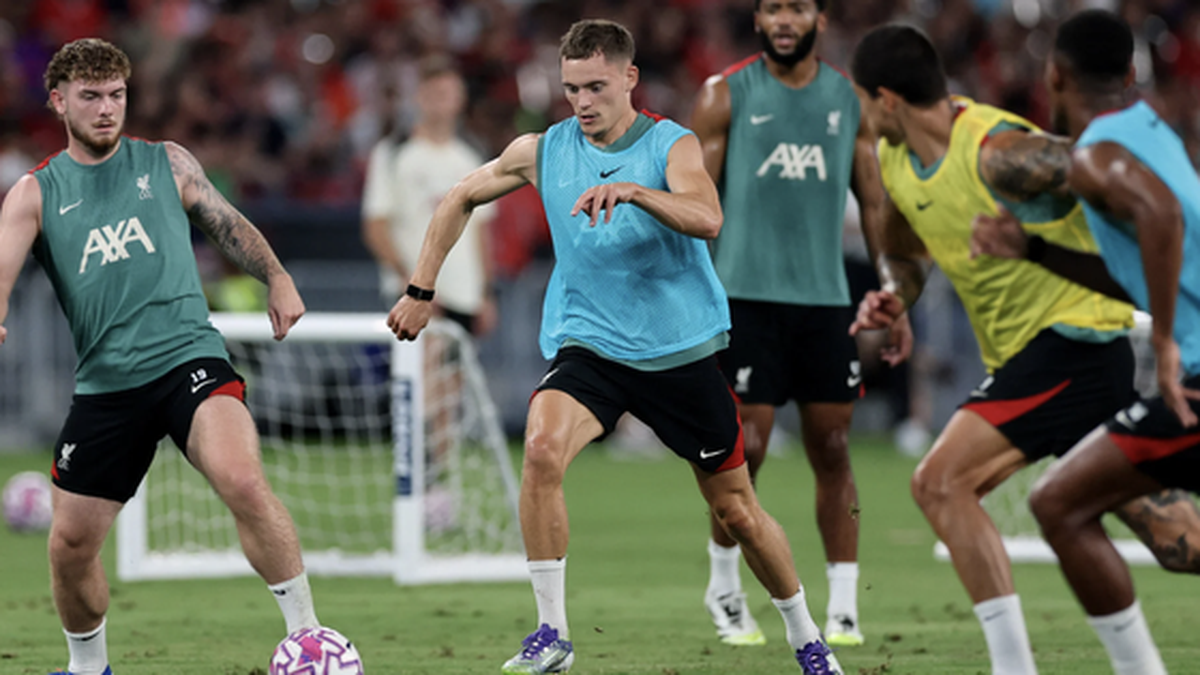








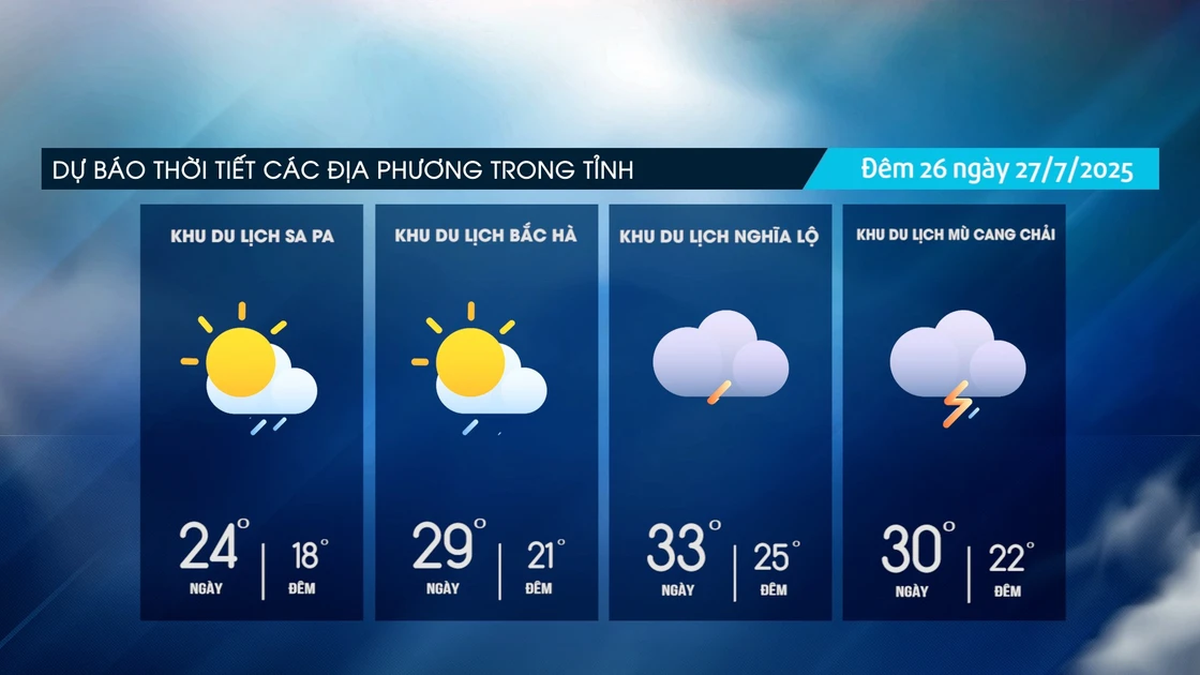






















































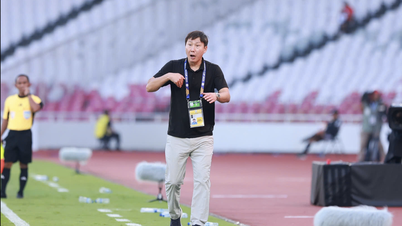

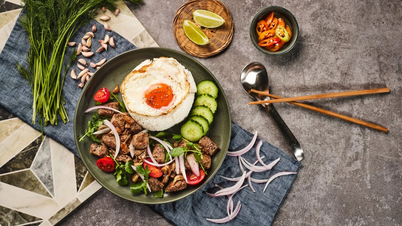

































Comment (0)